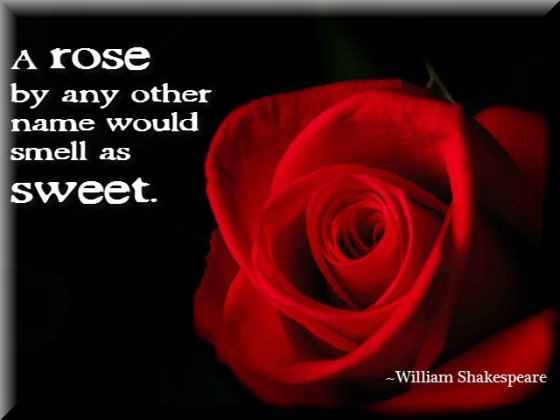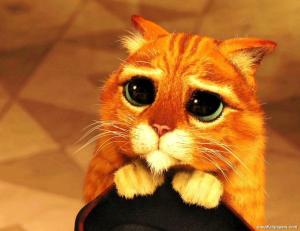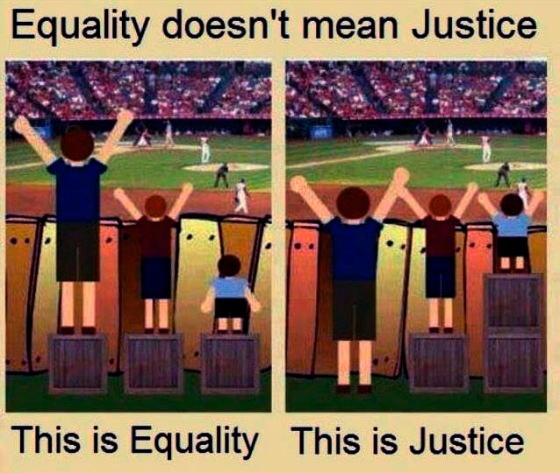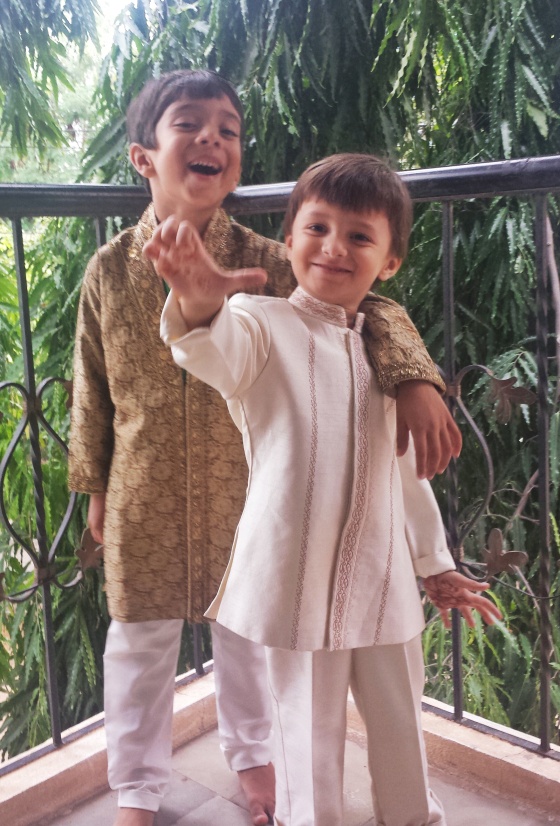This morning while riding an empty train to work, I had a moment of revelation. While watching the empty train cars ahead of me turn and twist along the track, I couldn’t help but notice how my own carriage felt perfectly stationary. Despite being attached to the same train, I could only see motion in the cars ahead of me.
I couldn’t help but apply this analogy to motherhood, and how we tend to overlook our own failings but are quick to notice and judge others for theirs. What’s worse, you don’t even have to fail to be judged or criticized; you just need to be different.
I was first initiated into this world of holier than thou parenting when I was pregnant with my first child. I was sitting hunched over hugging a pillow across my bump, when I got ‘the look’ from a friend. Seeing me clueless, she went on to explain that I had adopted a bad posture and was probably ‘smothering’ my unborn child! I have since come to recognize that look, the most fertile grounds for it being supermarkets, playgrounds and airplanes.
Unbeknownst to us, when we become mothers we also birth some other undesirable things – guilt, judgment and fear among them. The lack of a village means, we constantly need others to validate our parenting views. If everyone is doing it, it must be right, parenting bandwagon effect.
There is something very communal about motherhood. Normal people who would otherwise respect social boundaries, feel compelled to that make unwanted and occasionally snide remarks and give unsolicited advice. It starts with the pregnancy when your growing belly suddenly becomes public property for all to touch and ‘pet’ when they like. These unwelcome gestures are also accompanied by constant judgement about your skills as a mother.
Forget about following your heart just follow the herd! Forget about finding your maternal instincts, find safety in numbers! Sadly, even doing all of this doesn’t guarantee you’ll be free of disapproval. It’s a bit like this situation below, with this man and woman and their donkey.
While friends, family and strangers on the road are the most common offenders, the Internet has taken these mommy battles to a completely new level. It usually starts with a controversial post by a mom on some sensitive topic. Most of it is simply clickbaiting. Once the collective gasp has died down, the rebuttals and open letters begin. Yes, #firstworldmommyproblems!
The most popular of these online face-offs was the “Dear Mom on the iPhone series” with a number of articles and rebuttals from different camps of sanctimommies; each viewpoint dripping with sarcasm and full of generalizations about other people’s lives. Interestingly, what bothered me most was how discriminatory this was to us Samsung mums! Another case in Singapore was that of a disgruntled man complaining about heavy stroller traffic in malls, and this witty response to it. This mum uses the same donkey analogy quite poignantly, along with other hilarious memes to make her point.
The TIME magazine controvercial cover and title ‘Are You Mom Enough?’ was spurned by half a dozen articles and blog posts. Ditto for the Wall Street Journal’s piece about French parents being superior. The moral high ground is getting seriously overcrowded!
The best way to vaccinate yourself from others criticisms is not to hold judgement about yourself. It would bother you less if someone were to make a remark about something you do with absolute conviction. Accepting ourselves as the perfect imperfect parents is the first step to getting off the judgement train.



![village[1]](https://thehhnarrative.files.wordpress.com/2014/10/village1.jpg?w=295&h=300)





